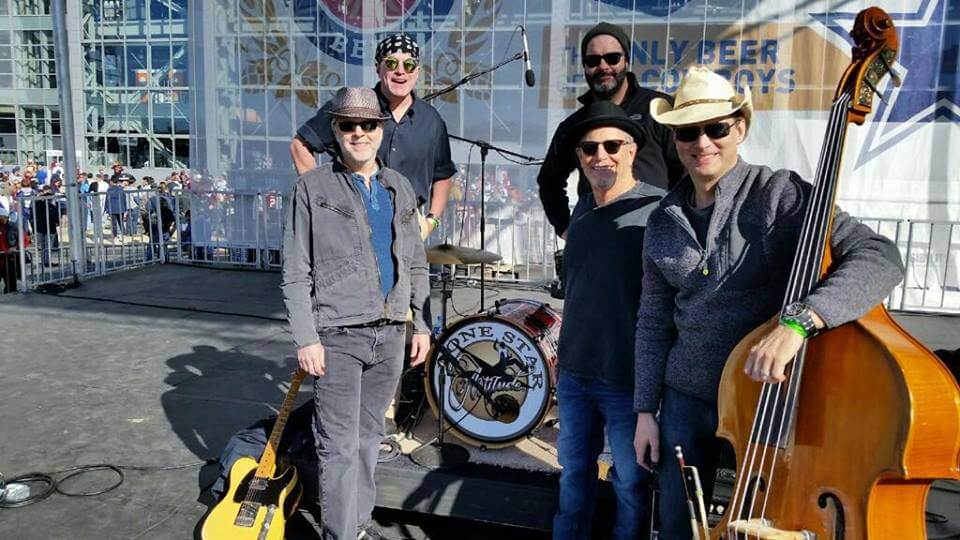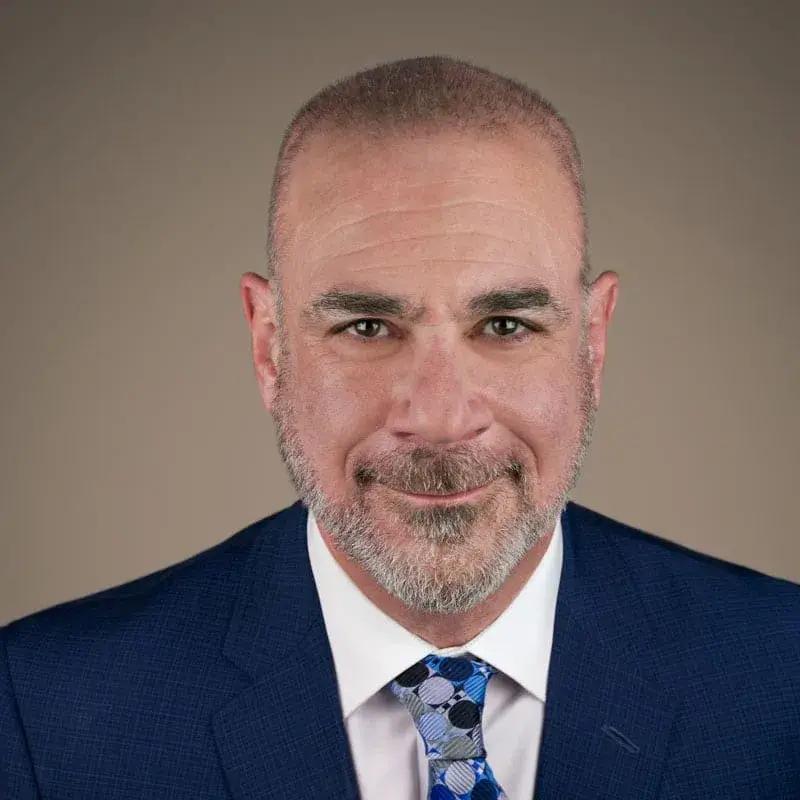On June 29, 2022, a declaration was filed in federal district court in New York confirming that $45 million had been paid to nearly 60,000 session musicians and background singers as part of a class action lawsuit. The lawsuit had been brought by six Texas session musicians and background singers who had done session work for Pitbull, Kesha, Sublime, Flo Rida, and others. The suit, filed five years ago by me and attorney Roger Mandel of Jeeves Mandel Law Group, P.C., was against a fund that administers digital session royalties to non-featured performers for airplay on digital cable, satellite radio, and non-interactive streaming.

Eric Zukowski (pictured right with bass)
For the past 30 years, I have worked as a lawyer and also as a working musician who performs live and in sessions. This unique combination made it possible for me to bridge the gap between a statute existing on paper and its real-life consequences.
The recorded music that we love would not be possible without such session musicians as the Wrecking Crew, the Nashville A-Team, the Hollywood Studio Symphony, and thousands of other studio musicians and back-up singers. A cappella versions of “What’s Going On,” every song on Thriller, and every album recorded by Steely Dan might be great to listen to once or twice, but it is the background session work that makes them enduring works of art.
Historically, session musicians have received very little financial compensation despite the monumental contribution they’ve made to American music. That began to change in the mid-90s when the Digital Performance Right in Sound Recordings Act and the Digital Millennium Copyright Act were amended to include a royalty to non-featured performers — session musicians and background singers.
As a performing musician, I was aware that very few performers knew about this royalty or received royalty checks. A good example of this was when a bandmate of mine, Paul Harrington, recorded the harmonica part on “Timber” by Pitbull and Kesha. The song went on to be one of the most popular songs in the world at the time. Paul didn’t receive a royalty and didn’t even know he was owed one.
Our first effort was to try to get the fund that administers the royalties to ensure a more equitable distribution to non-featured performers. When that didn’t work, Roger and I filed a class action lawsuit in federal court in New York. The class representatives were all Texas musicians and singers that I was already working with as a musician or as their attorney. In other words, they were not hard to find.
Fast forward to October of 2020, when the court approved the settlement between the class representatives and the fund. The settlement not only required the distribution of $45 million in royalties on indefinite hold by the fund, but it also requires the fund to conduct a media campaign to raise awareness of the digital session royalty as well as hire a consultant to revamp its business practices. The fund must also undertake additional procedures for locating and paying non-featured performers in the future and replace fund guidelines that had discouraged non-featured performers from making claims.
Many lawyers know the Copyright Act, and plenty of musicians know the pay practices of the recording industry. Few people understand both, and there are even fewer people who could help repair the broken connection between the two. Whether it’s helping a session musician get paid a royalty, talking with a client on a long drive to a gig, or visiting with fellow working musicians in the green room, I’m rewarded when I find harmony between my legal profession and my art. I’ll continue to pursue that as long as it benefits my bandmates and my clients – often the very same people.
ABOUT THE AUTHORS
Eric Zukoski is a shareholder with Quilling, Selander, Lownds, Winslett and Moser, P.C. He represents clients involved in a wide variety of contract, property, and intellectual property matters. He has extensive performance experience, including two albums as a session bassist for a multi-CMA and Grammy winning recording artist. He has recorded with a Handy award winner and a Blues Foundation Award winner and has dozens of radio and television credits.

Roger Mandel is a shareholder with Jeeves Mandel Law Group, P.C. He has practiced in the area of complex commercial litigation for 33 years, including 28 years involved in bringing class actions on behalf of injured individuals and companies.

